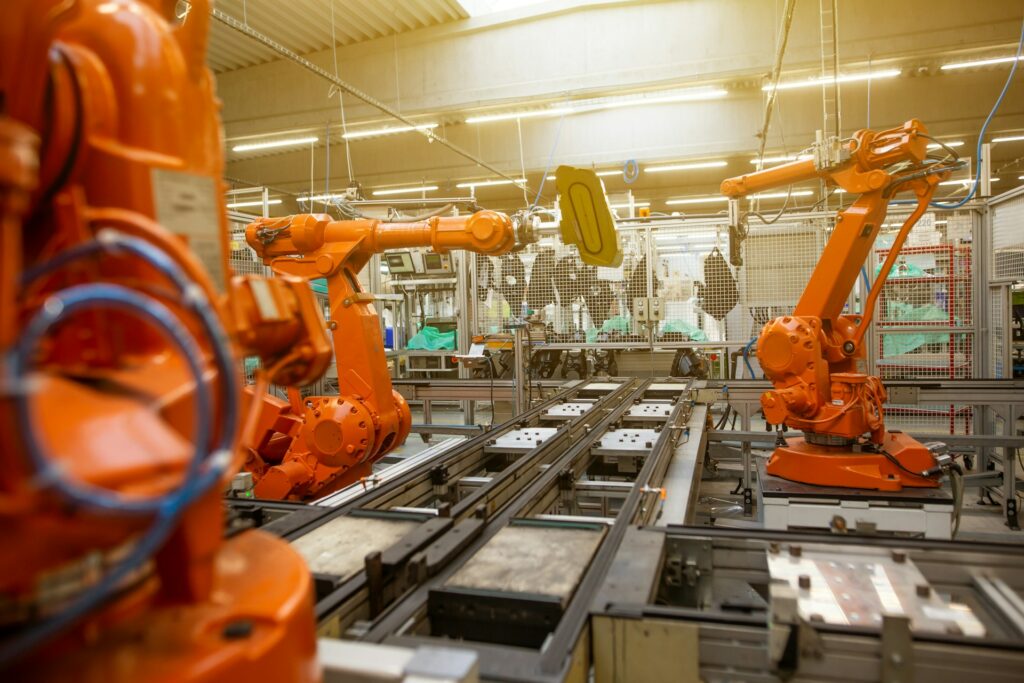In the quest for operational excellence, businesses are turning to Robotic Process Automation (RPA) as a transformative solution. RPA, with its ability to automate routine and repetitive tasks, is revolutionizing how businesses operate, driving efficiency and productivity to new heights.
Streamlining Processes
RPA core strength lies in its ability to streamline workflows. By automating tasks such as data entry, invoice processing, and customer onboarding, RPA reduces manual effort and minimizes errors. This not only speeds up processes but also ensures accuracy and consistency, leading to smoother, more reliable operations.
Cost Reduction
One of the most immediate impacts of RPA is cost reduction. By taking over routine tasks, RPA frees up human employees to focus on higher-value activities, leading to better resource allocation and significant savings in labour costs.
Enhancing Scalability
RPA enables businesses to scale operations without proportionally increasing the workforce. Robots can work round the clock, handling increased workloads without additional costs or training requirements.
Agility and Adaptability
In an ever-changing business environment, RPA offers the agility to adapt quickly. Robots can be reprogrammed to handle new tasks or adjust to changing workflows, allowing businesses to stay responsive to market demands.
Conclusion
RPA is not just a tool for automation; it's a strategic enabler of operational efficiency. By reducing costs, enhancing accuracy, and providing scalability, RPA is helping businesses streamline their operations and focus on growth. As RPA technology evolves, its role in operational optimisation is set to become even more pivotal.



